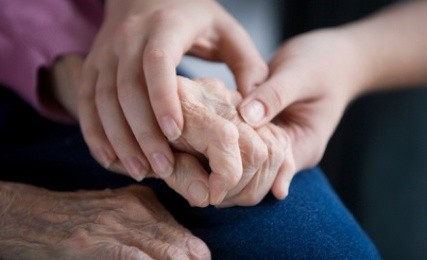Neuropsychiatrie disorders have mental, neurological and behavioral gradients and are growing causes of morbidity. Epilepsy is a disorder of cerebral function which is characterized by a pattern of repeated, sudden brief attacks of altered consciousness, motor activity or sensory phenomenon known as seizures. It is a symptom of an underlying condition and seizures may be due to brain tumors, scar tissue from trauma to the brain, or a progressive neurological disease. It poses specific problems in day to day life among the people with Epilepsy. The recurring unprovoked seizures, affect patients’ physiological, behavioral or cognitive consciousness. Though many such people are neurologically unaffected but they face severe psychological and social consequences of this disease. The prevalence of epilepsy is about one percent but this varies widely across populations. There is a significant level of under-reporting because of the stigma associated with seizures.
It involves diagnosis of epilepsy by differentiating other mimicking conditions like pseudo-seizures and assessment of different domains, i.e., physical, psychological, cognitive, behavioral as well as social on an individual basis. Assessment and intervention can be optimal only when the multiple medical, psychological, social and environmental factors that contribute to epilepsy are addressed. Indeed the battle between prejudice and acceptance, ignorance and knowledge, myths and science and charlatanism and rational therapy has been long and difficult and even today it has not yet been fully won.
Cognitive problems with epilepsy are mostly concerned with memory, speech and attention difficulties along with behavioral and psychological symptoms, are major causes of stress to family and kinsmen providing care to people with epilepsy. The magnitude and burden is very high and affecting more than 450 million people in the world. The burden caused by these diseases remains largely unrecognized in developing countries. Such chronic neuropsychiatries diseases are devastating the poor population living in our country. They cause the serious social suffering that makes the patients socially handicapped and unproductive. It appears in loss of job or absenteeism from work, loss of family income, burden on family for caring, with further potential loss of wages. The cost of medications and the need for other medical services can be expected to be particularly devastating among those with limited resources. Besides these neuropsychiatries sufferers are also frequently victims of human rights violations, stigmatization, and discrimination and hence it limits patients’ access to treatment. Therefore these diseases require special attention in developing countries and psychosocial view of caring should focus on the non-institutional parts of caring in context of medical pluralism. (Ravinder et al., 2009)
Carer (UK, NZ, Australian usage) and caregiver (US, Canadian usage) are words normally used to refer to unpaid relatives or friends of a disabled or ill individual who help that individual with his or her activities of daily living. The people who are mostly/mainly looking after the patient and responsible for their care and spend more time than others with them are primary caregivers.
With an increasing aging population in all developed societies, the role of caregiver has been increasingly recognized as an important one, both functionally and economically. Many organizations which provide support for persons with disabilities have developed various forms of supports for them. The stress associated with unsupported care for chronically ill family members may result in a condition commonly referred to as caregiver syndrome which is the emotional, physical and financial demands and responsibilities of an individual’s illness that are placed on family members, friends or other individuals involved with the individual outside the health care system. Caregiver burden refers to a high level of stress that may be experienced by people who are caring for another person (usually a family member) with some kind of illness…
Originally written by,
Singh, Nidhi; Sharma, Vibha; Singh, Ravinder
Source:

